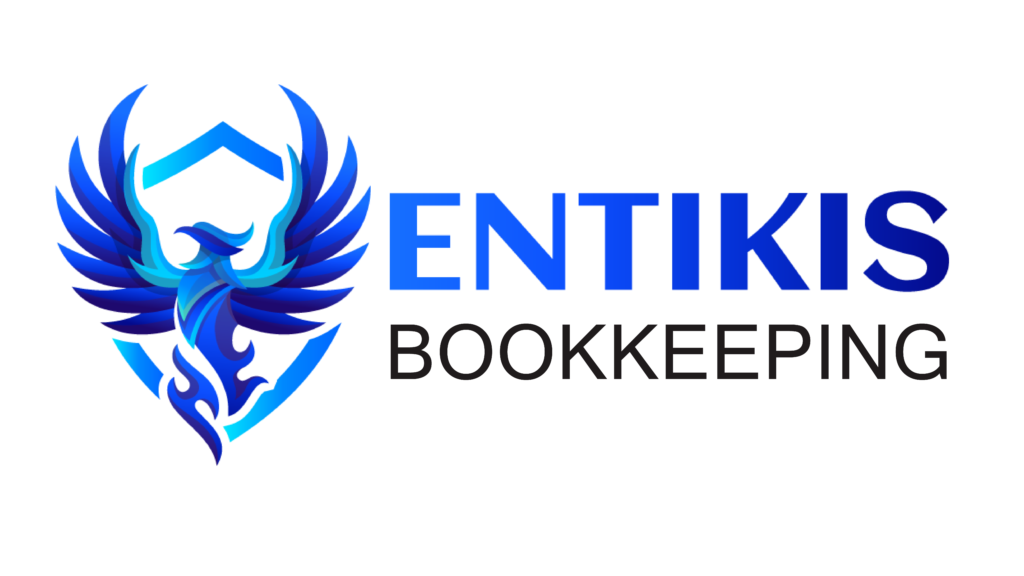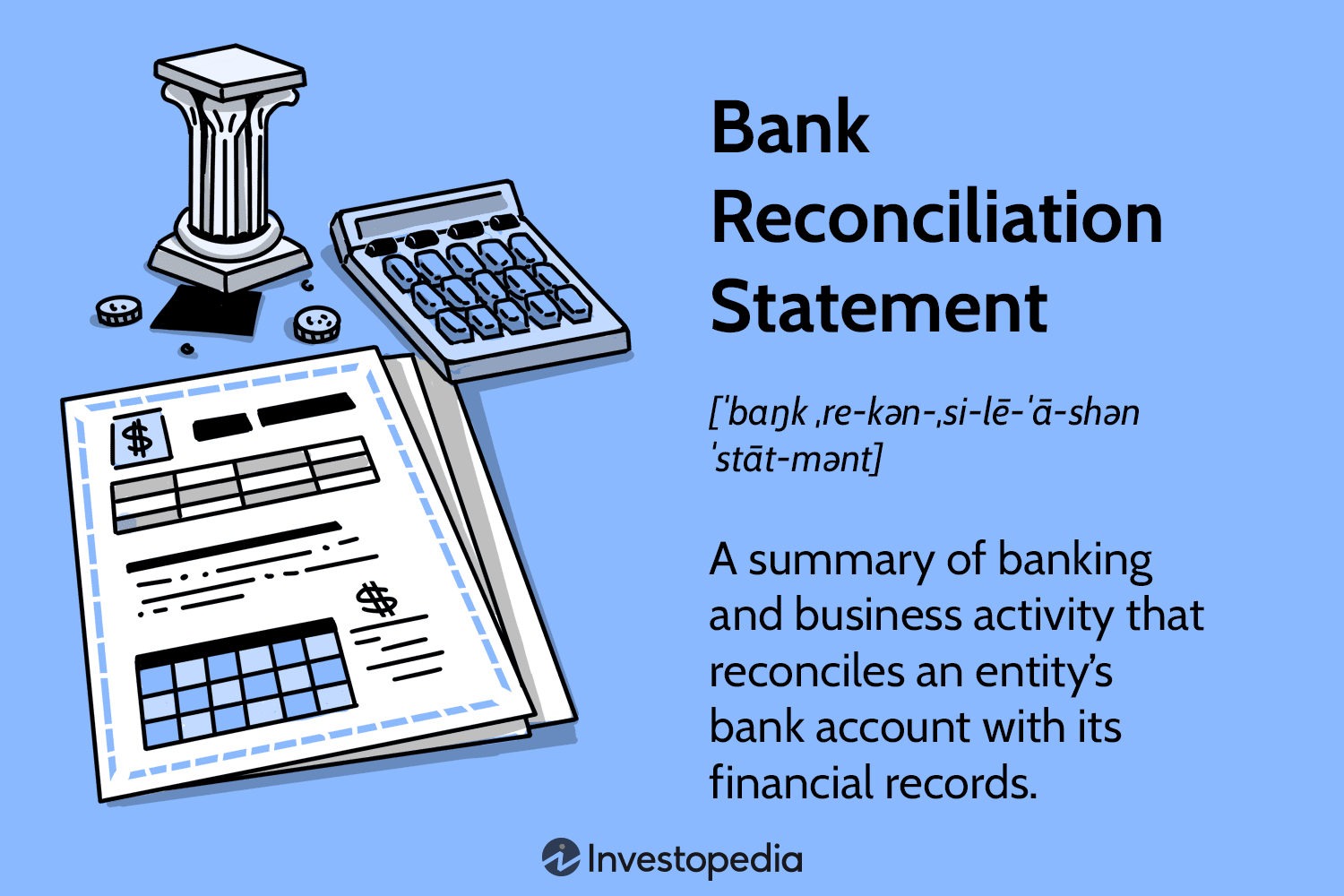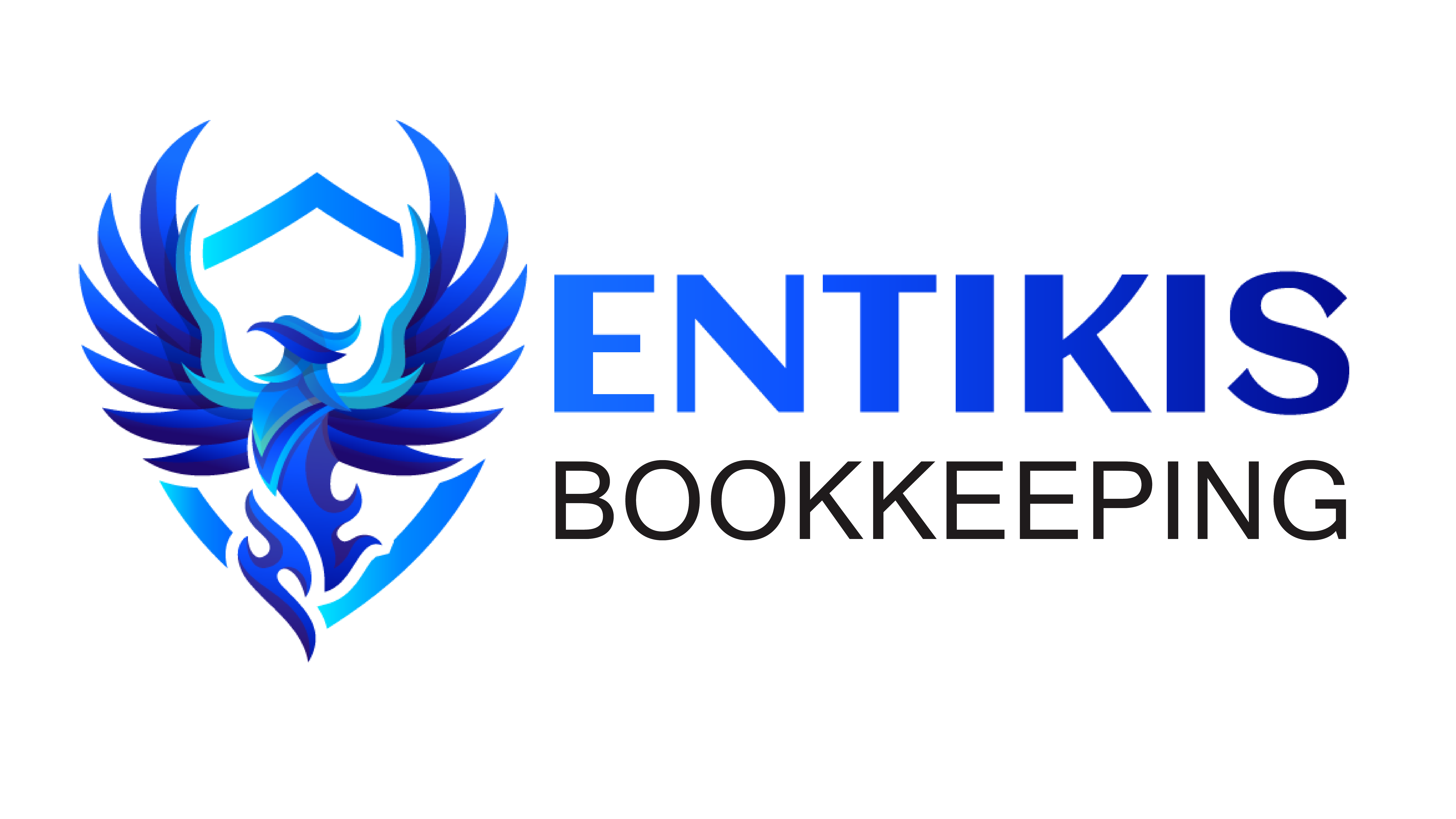Optimizing Petty Cash Management: Best Practices for Entikis Bookkeeping
Petty cash management is a critical aspect of financial operations for businesses of all sizes, including Entikis Bookkeeping. It involves the establishment, disbursement, replenishment, and oversight of a small fund used for minor expenses. Proper management of petty cash not only ensures smooth day-to-day operations but also enhances transparency and accountability within the organization. In this discussion, we will explore the significance of petty cash management and outline best practices tailored to the needs of Entikis Bookkeeping.
Understanding Petty Cash Management
Petty cash serves as a convenient means to cover small, routine expenses such as office supplies, postage, and minor repairs without the need for formal approval processes or requisitions. However, effective management of petty cash requires careful planning, documentation, and control mechanisms to prevent misuse and maintain accurate financial records.
Establishing a Petty Cash Fund
The first step in petty cash management is establishing a petty cash fund with an appropriate initial amount based on the frequency and volume of small expenses incurred by Entikis Bookkeeping. The fund should be securely stored in a designated location, preferably a locked cash box or drawer, to prevent unauthorized access.
Assigning Responsibility
Assigning responsibility for the petty cash fund is crucial to ensure accountability and proper oversight. Entikis Bookkeeping may designate a specific individual, such as the office manager or bookkeeper, to manage the petty cash fund. This individual is responsible for disbursing funds, maintaining records, and reconciling the petty cash account regularly.
Implementing Controls and Procedures
Implementing clear policies and procedures helps mitigate the risk of fraud, errors, and mismanagement associated with petty cash. Entikis Bookkeeping should establish guidelines for petty cash disbursements, including approved expense categories, maximum reimbursement limits, and documentation requirements.
Recording Transactions
Accurate record-keeping is fundamental to effective petty cash management. Every disbursement from the petty cash fund should be documented with a petty cash voucher or receipt, indicating the date, amount, purpose, and recipient of the expenditure. These records serve as evidence of expenses incurred and facilitate reconciliation of the petty cash account.
Reconciling Petty Cash
Regular reconciliation of the petty cash fund ensures that the balance of the fund matches the total of remaining cash and documented expenses. Entikis Bookkeeping should reconcile the petty cash account at least once a month or as frequently as necessary to identify discrepancies and replenish the fund promptly.
Replenishing the Petty Cash Fund
As the petty cash fund is depleted through disbursements, it must be replenished to maintain its original balance. Entikis Bookkeeping should establish a replenishment process that requires the petty cash custodian to submit a reconciliation report along with supporting documentation, such as receipts and vouchers, to justify the request for replenishment.
Safeguarding Against Misuse and Fraud
To mitigate the risk of misuse and fraud, Entikis Bookkeeping should enforce segregation of duties by separating the responsibilities of custodianship, approval, and record-keeping. Additionally, periodic audits and reviews of petty cash transactions help identify irregularities and ensure compliance with established policies and procedures.
Leveraging Technology
Advancements in technology offer opportunities to streamline petty cash management processes and enhance transparency. Entikis Bookkeeping may consider implementing software solutions or mobile applications that facilitate electronic approvals, expense tracking, and digital receipt management, thereby reducing paperwork and administrative burden.
Training and Education
Providing training and ongoing education to employees involved in petty cash management fosters awareness of policies, procedures, and best practices. Training sessions should emphasize the importance of accuracy, integrity, and compliance with regulatory requirements to instill a culture of accountability and responsibility.
In conclusion, effective petty cash management is essential for maintaining financial discipline, transparency, and accountability within Entikis Bookkeeping. By implementing best practices tailored to its unique needs and circumstances, Entikis Bookkeeping can optimize petty cash operations, mitigate risks, and enhance overall financial performance. Through proactive oversight, clear policies, and leveraging technology, Entikis Bookkeeping can ensure that its petty cash management practices align with industry standards and regulatory expectations, ultimately contributing to organizational efficiency and success.
Additionally, conducting periodic reviews and assessments of petty cash management processes allows Entikis Bookkeeping to identify areas for improvement and implement corrective actions as needed. By continuously monitoring and refining its petty cash management practices, Entikis Bookkeeping can adapt to evolving business needs and industry trends, ensuring the ongoing effectiveness and efficiency of its financial operations.
Implementing a system for tracking petty cash expenditures in real-time can provide valuable insights into spending patterns and help identify areas where cost-saving measures can be implemented. By regularly analyzing petty cash expenses, Entikis Bookkeeping can identify opportunities to optimize spending, negotiate better terms with vendors, and reduce overall expenses.
Establishing clear guidelines for the use of petty cash can help prevent misuse and ensure that funds are utilized for legitimate business purposes only. Entikis Bookkeeping may consider implementing spending limits for individual transactions, requiring pre-approval for certain types of expenses, and conducting periodic audits to verify compliance with petty cash policies.
Moreover, fostering a culture of accountability and transparency among employees is essential for effective petty cash management. Providing training and education on petty cash policies and procedures, as well as emphasizing the importance of accurate record-keeping and adherence to spending guidelines, can help cultivate a sense of responsibility among staff members entrusted with petty cash.
Incorporating feedback from employees who are involved in petty cash management can also be beneficial for identifying areas for improvement and implementing changes to streamline processes and enhance efficiency. By soliciting input from frontline staff members, Entikis Bookkeeping can gain valuable insights into the challenges and opportunities associated with petty cash management and identify solutions that address the needs of all stakeholders.
Leveraging data analytics tools and techniques can enable Entikis Bookkeeping to gain deeper insights into petty cash spending trends, identify outliers or anomalies, and detect potential instances of fraud or misuse. By harnessing the power of data analytics, Entikis Bookkeeping can enhance its ability to monitor and control petty cash expenditures effectively and proactively address any issues that may arise.
In conclusion, optimizing petty cash management requires a multifaceted approach that encompasses establishing clear policies and procedures, leveraging technology and data analytics, fostering a culture of accountability and transparency, and continuously monitoring and refining processes. By implementing best practices tailored to its specific needs and circumstances, Entikis Bookkeeping can ensure that its petty cash management practices support its broader financial objectives and contribute to the overall success of the organization.
Effective petty cash management is paramount for Entikis Bookkeeping to maintain financial discipline and operational efficiency. By establishing clear guidelines and procedures for petty cash handling, including secure storage, responsible disbursement, and accurate record-keeping, Entikis can ensure transparency and accountability in its financial operations. Regular reconciliation and replenishment of the petty cash fund, coupled with segregation of duties and periodic audits, help safeguard against misuse and fraud while maintaining compliance with internal policies and external regulations.
Embracing technology and data analytics tools can provide Entikis Bookkeeping with valuable insights into spending patterns, enabling informed decision-making and proactive cost management. Leveraging real-time tracking systems and digital solutions not only streamlines petty cash processes but also enhances accuracy and efficiency in expense management. Fostering a culture of accountability and continuous improvement among employees ensures ongoing adherence to petty cash policies and facilitates adaptability to changing business needs and industry standards.
By prioritizing effective petty cash management practices, Entikis Bookkeeping can optimize its financial operations and support its overall organizational objectives. Through a combination of robust policies, technological innovation, and a commitment to accountability, Entikis can mitigate risks, maximize resources, and lay the foundation for long-term financial sustainability and success.





